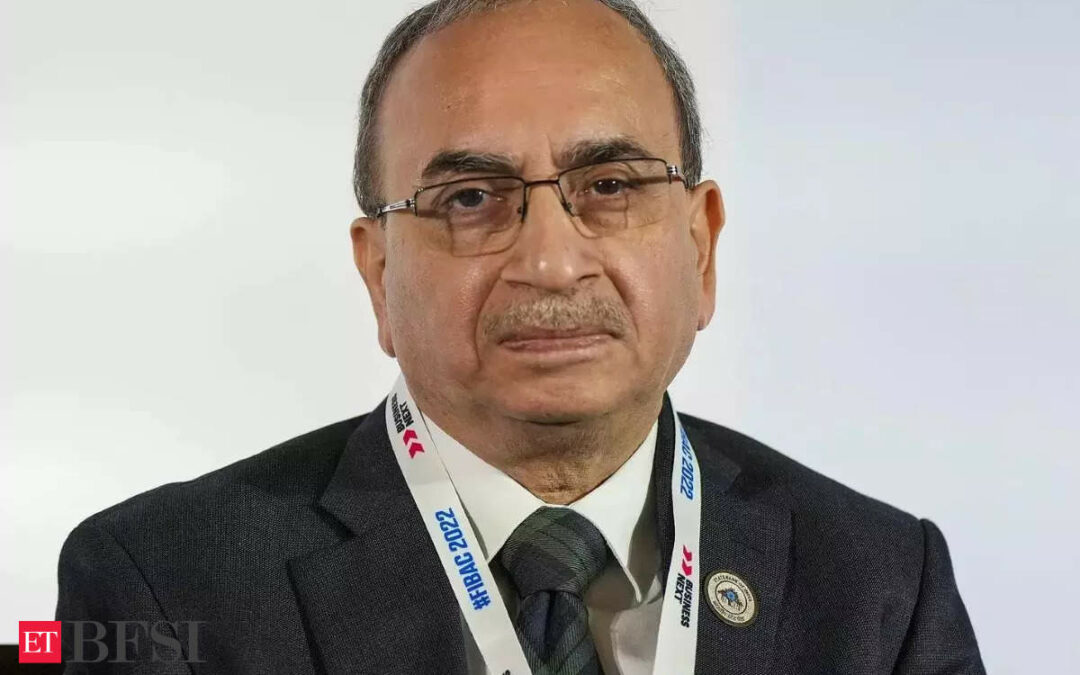New Delhi, SBI Chairman Dinesh Kumar Khara has said the lender would wait for its subsidiaries like SBI General Insurance and SBI Payment to further scale up their operations before monetising them. Scaling up of their operation will increase valuation and ensure better returns for the parent State Bank of India (SBI).
When it comes to subsidiaries, their monetisation would be through the capital market, he told PTI in an interview.
“The subsidiaries, which would be eligible for this kind of route, would be essentially our SBI General and may be at some stage, SBI Payment Services, but as of now, we don’t have any such plan,” he said.
“Maybe, we would like to scale them up a little more, and then we will think in terms of going to the capital market for monetising our holding in these companies. But not in the current financial year,” he added.
During the year ended on March 31, 2024, the bank infused additional capital of Rs 489.67 crore in SBI General Insurance Company Ltd. The company has also allotted ESOP to employees and consequently, the bank’s stake has decreased from 69.95 per cent to 69.11 per cent.
SBI General Insurance reported a 30.4 per cent rise in net profit to Rs 240 crore for the financial year ended March 2024. The non-life subsidiary of State Bank of India had recorded a net profit of Rs 184 crore in the previous financial year.
SBI Payment Services Pvt Ltd, which is in the Merchant Acquiring Business, is 74 per cent owned by SBI, and the rest with Hitachi Payment Services.
SBI Payments is one of the largest acquirers in the country, with more than 33.10 lakh Merchant Payment Acceptance Touch Points as of March 31, 2024, including 13.67 lakh POS machines, deployed across geographies.
However, the company’s net profit declined to Rs 144.36 crore for the year ended March 2024 against Rs 159.34 crore in the previous year.
Khara also said there is a growing demand for credit from the corporate sector, and loans worth Rs 5 trillion are in the pipeline.
Unlike the past few years, when corporates had sufficient cash surplus on their balance sheet, they have started looking for credit to fund working capital requirements and capacity expansion, he said.
“Now, we have come to a stage where they (corporates) have started approaching banks for augmenting their capacity or for working capital purposes. Of course, this I can say with confidence because when we look at our unavailed term loan percentage, it has come down from 25 per cent to 18 per cent, and when we see the working capital utilisation, even that has improved,” he said.
So, he said, all these are confirming that private sector opportunities are going to be there and SBI is in a position to create value for the sector.
At the same time, he said, “When we look at our pipeline for the new proposals, that is also quite healthy, somewhere around Rs 5 trillion or so”.









